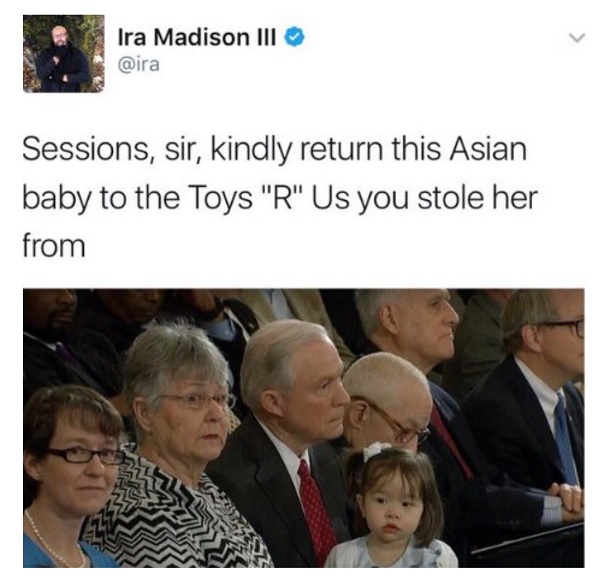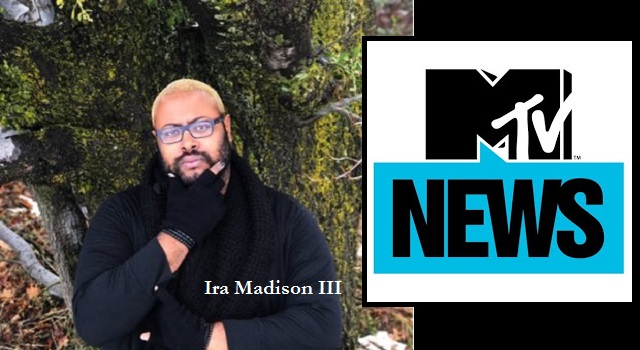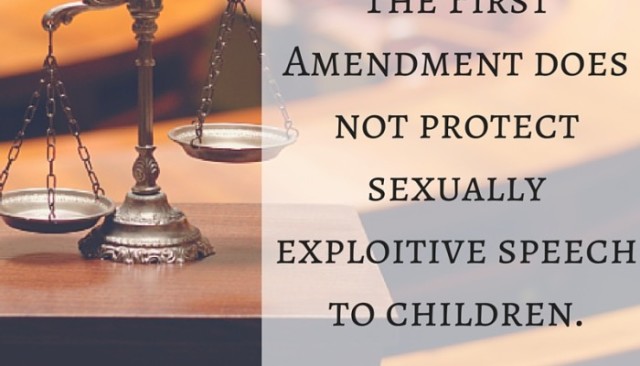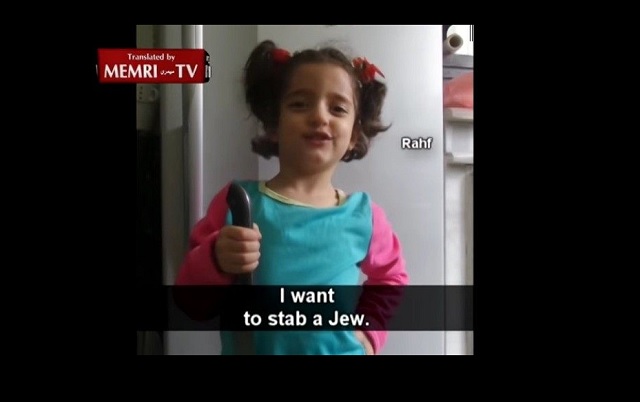Criminal laws must be updated to adapt to the new Internet community.
Like any other community the Internet is a place for business, relationships, dating and unfortunately criminal activity, including the sexual exploitation and abuse of children. This is why the National Center on Sexual Exploitation has filed an amicus brief for a court case in Georgia stating that it should not be legal to “talk dirty” to a child.
The Georgia Supreme Court will hear oral arguments on February 22ndregarding this First Amendment challenge to a Georgia statute criminalizing obscene Internet contact with a child. NCOSE believes that Georgia’s statute is necessary to protect children from harm because the First Amendment does not protect sexually exploitive speech to children. The person challenging the statute, states in his brief to the Court that he has a First Amendment right to “talk dirty to a child.” We at NCOSE, think absolutely not. This is not harmless chatting but rather child exploitation. And the most frightening aspect of this case is that a very similar statute in Texas[1] has already been struck down on First Amendment grounds led by the same defense attorney challenging the statute in this case.
The sad and scary reality is that child sexual abuse and exploitation has moved online. And due to the nature of the Internet the problem is only growing. A child predator has instant, anonymous access to children all over the country, and even the world. Meanwhile, young adolescents looking to make friends while both curious and naïve about sex are virtually all online, all the time.[2] And this is not on the family computer under the watchful eyes of mom and dad but on tablets and smartphones, which are carried around with the child everywhere they go.[3] This means those who would mean to harm these children can find them on social media platforms and chat rooms any time, anywhere, and children of these young ages tend to share too much information and actively seek out online friendships. Especially, those children who are most vulnerable to sexual abuse.
States have been trying to protect children from predators since the dawn of the Internet age but there is still much left unaddressed and technology has changed faster than laws have been updated. Most States have laws against online solicitation of minors. And most States have laws against exposing oneself to a minor in person or selling minors obscene or indecent materials. But what if an adult uses a webcam to expose himself/herself to minor online? Or what if he/she describes in graphic detail sexual encounters, or sexual acts he/she would like to perform on the child he/she is speaking to via online messaging? And even more disturbing, what if the adult instructs the child to touch themselves sexually, directing and commanding their movements? These are real examples of the activities which have been prosecuted under this Georgia statute. And without this statute such activity would considered legal. This activity does not fall under other statutes aimed at prohibiting child abuse and exploitation. But because these actions, which amount to cybersex, and sometimes even remote child molestation, are occurring via Internet chat there is a real possibility that it could be given a pass under the guise of First Amendment freedom.
but there is still much left unaddressed and technology has changed faster than laws have been updated. Most States have laws against online solicitation of minors. And most States have laws against exposing oneself to a minor in person or selling minors obscene or indecent materials. But what if an adult uses a webcam to expose himself/herself to minor online? Or what if he/she describes in graphic detail sexual encounters, or sexual acts he/she would like to perform on the child he/she is speaking to via online messaging? And even more disturbing, what if the adult instructs the child to touch themselves sexually, directing and commanding their movements? These are real examples of the activities which have been prosecuted under this Georgia statute. And without this statute such activity would considered legal. This activity does not fall under other statutes aimed at prohibiting child abuse and exploitation. But because these actions, which amount to cybersex, and sometimes even remote child molestation, are occurring via Internet chat there is a real possibility that it could be given a pass under the guise of First Amendment freedom.
This serious confusion over the First Amendment’s role in the Internet space could cause serious consequences for children who are being victimized and traumatized by predators online. And it would be completely inconsistent with First Amendment jurisprudence. The First Amendment does not protect child exploitation and has always restricted a minor’s access to material that is harmful to them. And the content of these communications meet the standard for material that is harmful to minors. But because harmful to minors laws do not encompass live online communications this statute is needed to cover this ground.
The Supreme Court of the United States has already held that material, such as magazines, books, pictures, or videos containing sexually explicit nudity or sex acts appealing to the prurient interest of a child may be restricted to children, even material that would not be obscene as to adults, without offending the First Amendment. In fact, the Supreme Court has placed the protection of children from sexual exploitation as the highest priority of the States and material that is harmful to them receives no First Amendment protection in its distribution to children. The Georgia state legislature used the same language that has been upheld in harmful to minors laws and merely applied these restrictions to live streaming video or instant message conversations online. Further, we argue that these online communications are even more harmful than obscene magazines or videos, and therefore the State has an even greater interest in protecting children, because it is not simply mass produced and available to children, but created for a specific targeted child by an adult. The exposure is intentional and crafted around that particular child’s vulnerabilities and inexperience with sexual matters.
Furthermore, freedom of speech does not protect criminal speech. For example, conspiracy, which amounts to criminal conversations, obscenity, and advertisements and solicitations for child pornography are all “speech” and yet completely excluded from First Amendment protection. Similarly, there is no reason why conversations or webcam video which would be rightfully restricted if printed in a book or contained on a DVD cannot be restricted merely because they occur in real-time through the medium of Internet communications. Such harmful material does not become transformed into political speech imbued with value simply because it takes place online.
And this statute is careful to prohibit only conversations between an adult and a child online which intentionally exploit and abuse a child. The statute requires belief by the adult that he/she is speaking to a child and the intention to sexually arouse either himself/herself or the child. Any doubt or concerns about overbreadth are dispelled in looking at the statute’s real world application. It reveals that what is in fact prohibited is the grooming of children for sexual abuse and/or exposing them to sexually explicit language and images. Such actions are harmful to children and inherently exploitive.
States must be able to extend the protections for children that already exist in the physical world to the realm of the Internet. And the State of Georgia has properly done so with this statute. This is why the National Center on Sexual Exploitation has written and filed an amicus brief to inform the Georgia Supreme Court on the exploitive nature of the content restricted in this statute, how such exposure to sexually explicit material is harmful to children, how the sexualization of children is harmful to them, and that such explicit conversations are a well recognized tool by researchers and law enforcement in the grooming of a child for further sexual abuse by child predators and should therefore receive no First Amendment protection.
END NOTES:
[1] See Ex Parte Lo, 424 S.W.3d 10, 24–25 (Tex. Crim. App. 2013).
[2] “Fully 95% of all teens ages 12-17 are now online.” http://www.pewinternet.org/fact-sheets/teens-fact-sheet/
[3] Id. “Three-quarters (74%) of teens have accessed the internet through a mobile device such as a cell phone or tablet. One-quarter of teens (25%) access the internet mostly on a cell phone.”






 but there is still much left unaddressed and technology has changed faster than laws have been updated. Most States have laws against online solicitation of minors. And most States have laws against exposing oneself to a minor in person or selling minors obscene or indecent materials. But what if an adult uses a webcam to expose himself/herself to minor online? Or what if he/she describes in graphic detail sexual encounters, or sexual acts he/she would like to perform on the child he/she is speaking to via online messaging? And even more disturbing, what if the adult instructs the child to touch themselves sexually, directing and commanding their movements? These are real examples of the activities which have been prosecuted under this Georgia statute. And without this statute such activity would considered legal. This activity does not fall under other statutes aimed at prohibiting child abuse and exploitation. But because these actions, which amount to cybersex, and sometimes even remote child molestation, are occurring via Internet chat there is a real possibility that it could be given a pass under the guise of First Amendment freedom.
but there is still much left unaddressed and technology has changed faster than laws have been updated. Most States have laws against online solicitation of minors. And most States have laws against exposing oneself to a minor in person or selling minors obscene or indecent materials. But what if an adult uses a webcam to expose himself/herself to minor online? Or what if he/she describes in graphic detail sexual encounters, or sexual acts he/she would like to perform on the child he/she is speaking to via online messaging? And even more disturbing, what if the adult instructs the child to touch themselves sexually, directing and commanding their movements? These are real examples of the activities which have been prosecuted under this Georgia statute. And without this statute such activity would considered legal. This activity does not fall under other statutes aimed at prohibiting child abuse and exploitation. But because these actions, which amount to cybersex, and sometimes even remote child molestation, are occurring via Internet chat there is a real possibility that it could be given a pass under the guise of First Amendment freedom.
